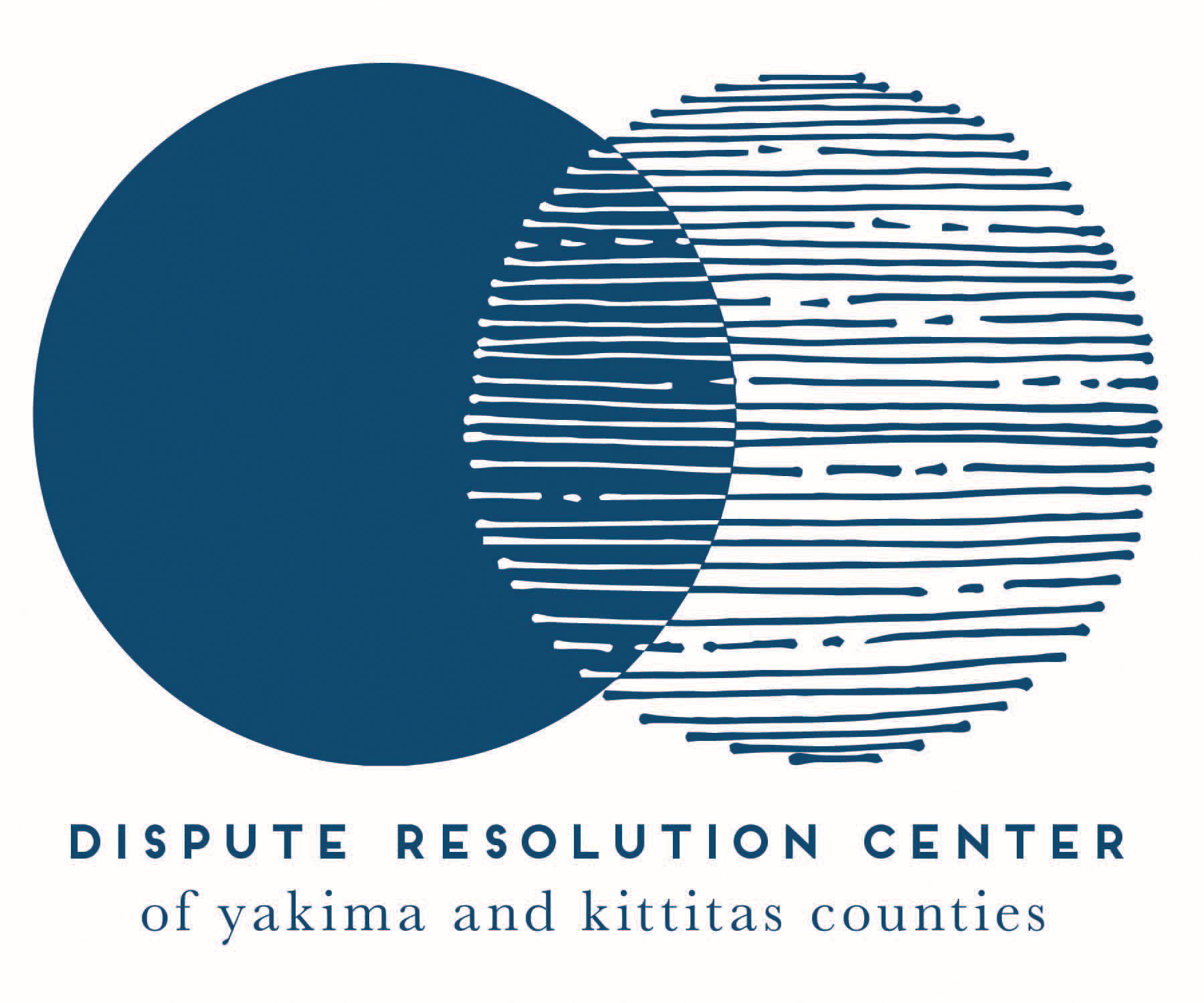What is Mediation?
Mediation is a voluntary, confidential process through which the people involved in a conflict can sit down with a trained, certified neutral third party to resolve the conflict. The mediators listen to both parties in an effort to learn how they would like to resolve the dispute. The parties and mediators create an agenda of topics to be negotiated. Then the parties negotiate on those topics to work out a solution that brings resolution to the conflict and that is workable for all the parties.
Which approach to mediation does the DRC use?
The DRC practices a facilitative approach to mediation through which the parties are guided through the mediation process to settlement and improved communication. The mediators do not provide an evaluation of each parties’ strengths and weaknesses as might happen in a mediation under an
evaluative style of mediation.
Why Mediation?
Your solution is what matters. When you choose mediation as your resolution approach, you retain control over the decision that will resolve the conflict(s). A third party does not decide the outcome. Resolve your case quickly. Mediation can take place within just a few weeks of when you request it. We guarantee that we will mediate your case within 30 days if all the parties who need to be involved are available for scheduling. Mediation is cost effective. Mediation will provide resolution more quickly than going to court, and will cost less money. Mediation is confidential. Information about your situation won’t be accessible to people outside the dispute.
Who are the mediators?
The DRC’s mediators are members of our local communities who have taken specialized training to become certified as mediators. They represent the diversity of our communities in age, gender, language, abilities, and ethnic composition.
What are the mediator’s qualifications?
Volunteers must be certified as mediators and endorsed in the specific are of mediation associated with the case. They must also adhere to the Standards of Practice of the Washington Mediation Association. Certification requirements include a minimum of 36 hours of mediation training, a written exam, observation of mediation sessions, mediation practice sessions and 24 hours of mediation experience. Endorsement in specializations within the field of mediation require additional training and practice.
How can I get started?
People involved in conflicts can call the Dispute Resolution Center, send an email message, or stop by the office in Yakima to open a case. We will contact the other party or parties and inquire if they are willing to mediate.
Yakima area: (509)453-8949.
Ellensburg area: (509) 925-5123.
Outside Yakima or Kittitas Counties: (800) 853-8949
What does it cost?
There is an intake cost of $50 per party to open and schedule a case. Most mediation sessions cost an additional $150 per party. This is a flat cost for the entire session. There is some variation in cost depending on the type of case. No one is turned away from services due to an inability to pay. If you need assistance meeting the cost of mediation please contact our office for a Hardship Application . You may review the detailed cost sheet here.
Is there financial aid?
People may apply for a fee reduction by requesting the Hardship Application. The form and required documentation must be returned two weeks before you schedule your mediation. You can print this form, scan it and your proof of income and return it to info@drcyakima.org or fax it to 509-453-0910
How long do mediation sessions usually last?
Most mediation sessions run between 2 and 3 hours in length. If you are scheduled for a mediation session, please block out at least that amount of time to work toward your resolution. If a mediation session exceeds 3 hours and 45 minutes, a second mediation session will be scheduled by the mediator. A second session is typically scheduled right away if all parties are available.
What types of cases will the DRC mediate?
Marriage Dissolution & Parenting Plans
Family/Relationship Improvement
Parent/child disputes
Mediation services for senior citizens
Small claims court cases
Neighborhood disagreements about noise, pets, children, etc.
Boundary disputes
Landlord/tenant disputes
Foreclosure matters
Consumer/business disputes
Civil complaints
Government/citizen disputes
Non-violent victim-offender cases
School mediation
Organizational/Agency mediation
Multi-party mediation
Community meeting facilitation
If you don’t see your specific situation mentioned here, please call us to see whether mediation might be appropriate for you.
How can I train to become a mediator?
The Dispute Resolution Center offers mediation training twice per year. Call, or email us to receive information the training schedule, or view our training calendar.
Is there a volunteer program at the DRC?
Yes! The DRC utilizes volunteers to assist in the office, to help plan and coordinate events, and as part of our speakers’ bureau. Volunteers also serve as the DRCs dedicated, highly skilled mediators. Call or email the DRC office to talk about joining us as a volunteer!
Does the DRC accept donations?
Absolutely! The Dispute Resolution Center is a private, not-for- profit organization recognized under section 501©3 of the US Internal Revenue Service code. Generally, donations are tax deductible. Contributions can be sent to the DRC office or you can make an online contribution. Your contribution will be acknowledged with a thank you letter.
